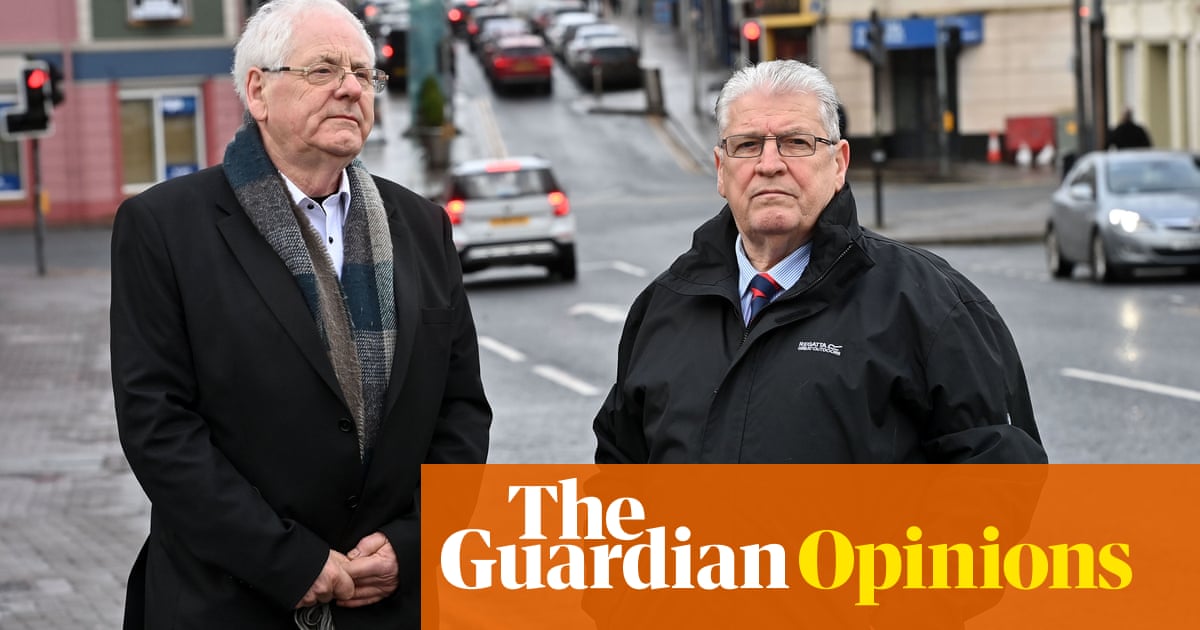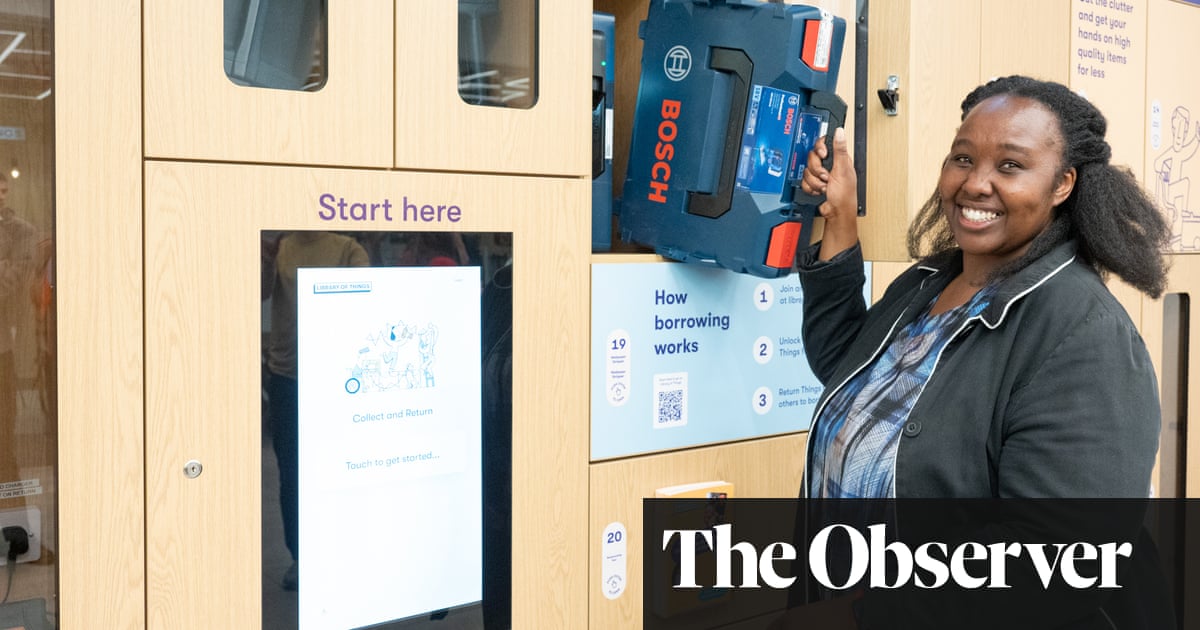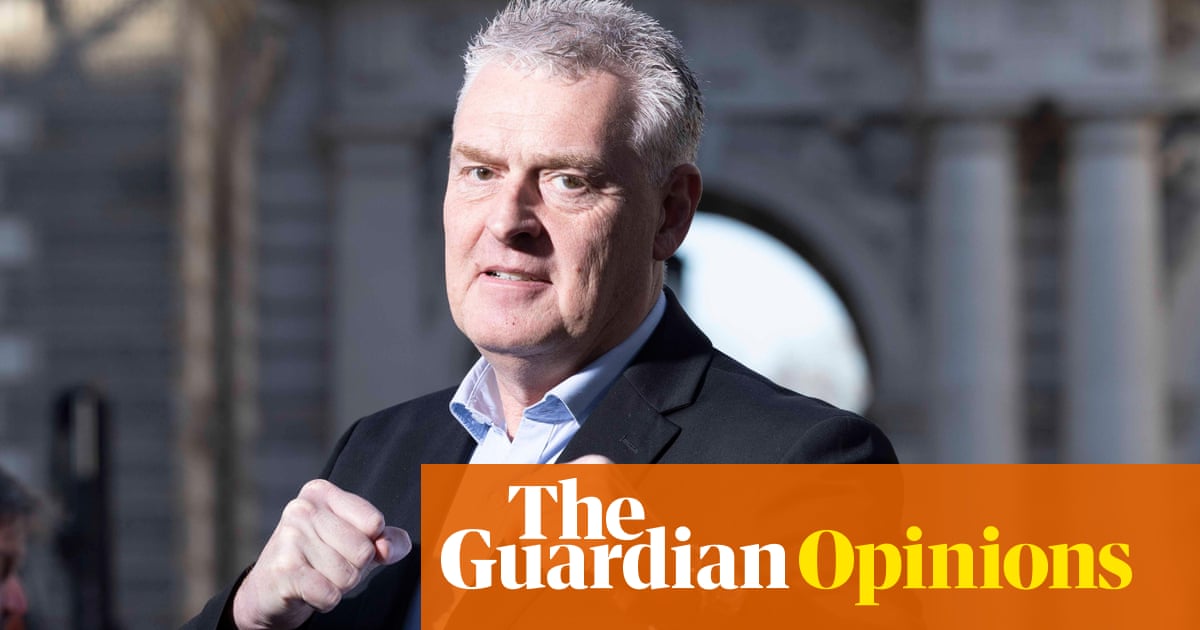
The corridors of my once bustling GP’s surgery were eerily quiet, the waiting room deserted. The new routine too was disconcerting; wait in the car park, phone to announce your arrival, and only then will someone in full PPE collect you, as gingerly as if they were handling a suspect parcel.
But arguably that’s what we all are now, at least to the kind of clinically vulnerable people often found in doctors’ waiting rooms. The cheerful nurse who did my smear test a few weeks ago – sorry if that’s too much information, but take this as a friendly reminder that too many people put off life-saving screening appointments during the pandemic – confided that, days earlier, someone had pitched up for a routine non-urgent test maskless, coughing and with a temperature. Despite the risk of infecting the whole building, they had still been startled to be sent home.
This nervous arm’s-length handling of patients – fending some off with telephone or video consultations, staggering appointments for the rest so that the unknowingly infected don’t mingle with the frail or immunologically compromised – exists for good reason. But it also means distressed people wait longer to see a doctor, while fuelling understandable fears of something being missed over Zoom.
A GP interviewed on Radio 4’s Today programme on Thursday morning talked of receptionists quitting, sick of being screamed at by frustrated patients. Why, she asked, weren’t ministers defending doctors against what the chair of the Royal College of GPs, Martin Marshall, calls “malicious criticism” from some press and politicians who have effectively branded them shirkers?
But, faced with the Daily Telegraph and Daily Mail on the warpath, the new health secretary, Sajid Javid, is no mood for subtlety. Two weeks ago he told social care workers, already in desperately short supply, to “get out and go and get another job” if they didn’t want the Covid vaccine (compulsory from 11 November for working in a care home in England). Now it’s GPs’ turn to take some medicine.
The spoonful of sugar is an extra £250m in funding for GPs in England – not enough, according to the Royal College, holding its annual conference this week – but there will also be rights for patients to insist on seeing a doctor in person, the publishing of data allowing lagging surgeries to be named and shamed, and the scrapping of social-distancing rules in surgeries. The days of clapping for carers suddenly feel a long time ago.
People will always seek more from their NHS: who doesn’t want appointments on the day of our choice, the reassurance of being whisked through to a specialist for anything dubious, or prompt surgery if it’s needed? But that costs billions, opening up hard choices that neither politicians nor voters particularly want to face.
Whenever a gap yawns between aspiration and reality, it’s tempting for politicians just to spray the blame around, even if that risks tarnishing people who have risked their working lives on the Covid frontline and spent their days off volunteering at vaccination centres. Take enough potshots at lazy, overpaid GPs – and of course there will be some, as in any profession – and maybe people won’t ask too many awkward questions about what was happening to the NHS in the decade of Conservative rule leading up to “one of the worst public health failures” in British history, as this week’s joint select committee inquiry described the handling of the pandemic.
There has been much public huffing and puffing about the number of GPs going part-time – the slackers! – yet arguably that’s what has allowed many doctors to absorb the ever-intensifying pressures on them without feeling driven to hang up their stethoscopes. Five years ago, researchers for health charity the King’s Fund were surprised by how few GPs seemed to be working full-time. Contrary to popular belief, they found that it wasn’t simply down to mothers cutting back after having children; older men too were increasingly shortening their hours, most likely as an alternative to retiring early. Doctors seemed to be trying to avoid burnout, or the deadly mistakes too easily made when you’re tired. Some were using their supposed “days off” for paperwork.
Yet the fewer hours that GPs want to work, the more GPs we need. The result of a previous Conservative government’s failure to respond quickly enough to this potential crunch is a system in England with 1,900 fewer doctors than it had in 2015, yet still cramming in record numbers of appointments. An unusually despairing British Medical Association report this summer warned that “we’re working too hard, we’re burning out and we’re terrified of making mistakes”.
Patients feel short-changed and doctors demoralised, especially in parts of the country where new housing estates have mushroomed faster than new surgeries meant to serve them. What Javid risks squandering is the goodwill holding things together, which perhaps explains the more emollient tone he took in Thursday’s Daily Mail, writing that his mum always hoped he’d become a doctor.
Javid wouldn’t be the first health secretary to learn that doctors aren’t easily browbeaten into submission – not least because, once they leave, their replacements take so long to train. At the height of the last major attempt to cut NHS waiting lists, under Tony Blair, the Department of Health spent months soothing ruffled feathers after a briefing suggesting consultants were spending too much time treating lucrative private patients (or playing golf). Javid will only get through a potentially difficult winter by working with doctors, not berating them.
And, while it’s obvious that many patients (and, indeed, doctors) just want to go back to the good old days of “the doctor will see you now”, stuffing the telemedicine genie back into its bottle may prove just as hard as nagging born-again home-workers back into the office. Talk to GPs and they’ll tell you that, now there’s the option of a phone consultation, some patients are more likely to call the doctor with things that didn’t seem worth it before. Expectations of what they exist to do may be expanding, not shrinking, especially among the so-called “worried well”.
A hybrid system of seeing some people face to face and some remotely may mean fitting more patients in than a complete return to the old normal – although crucially that will only work if the triage systems used to decide who should and shouldn’t be physically examined are good enough. But wasn’t the whole point of “building back better” to extract any useful lessons from this strangest of years and develop them, rather than just defaulting back to a flawed norm?
Given the daunting challenge now facing the NHS as it struggles to get waiting lists down, Javid may well need to push health professionals far from their comfort zones in the coming months. But if he wants their co-operation in doing so, he’ll have to show he can be flexible too. To mangle an old saying: politician, heal thyself.
Gaby Hinsliff is a Guardian columnist












